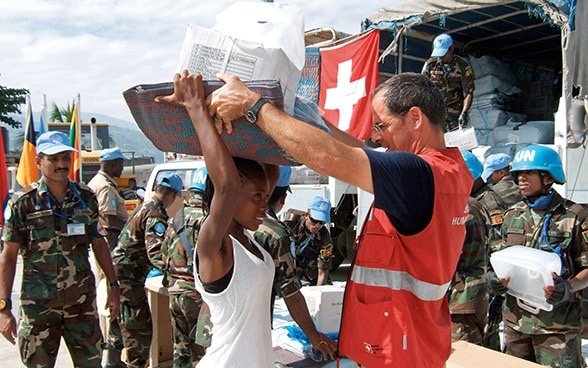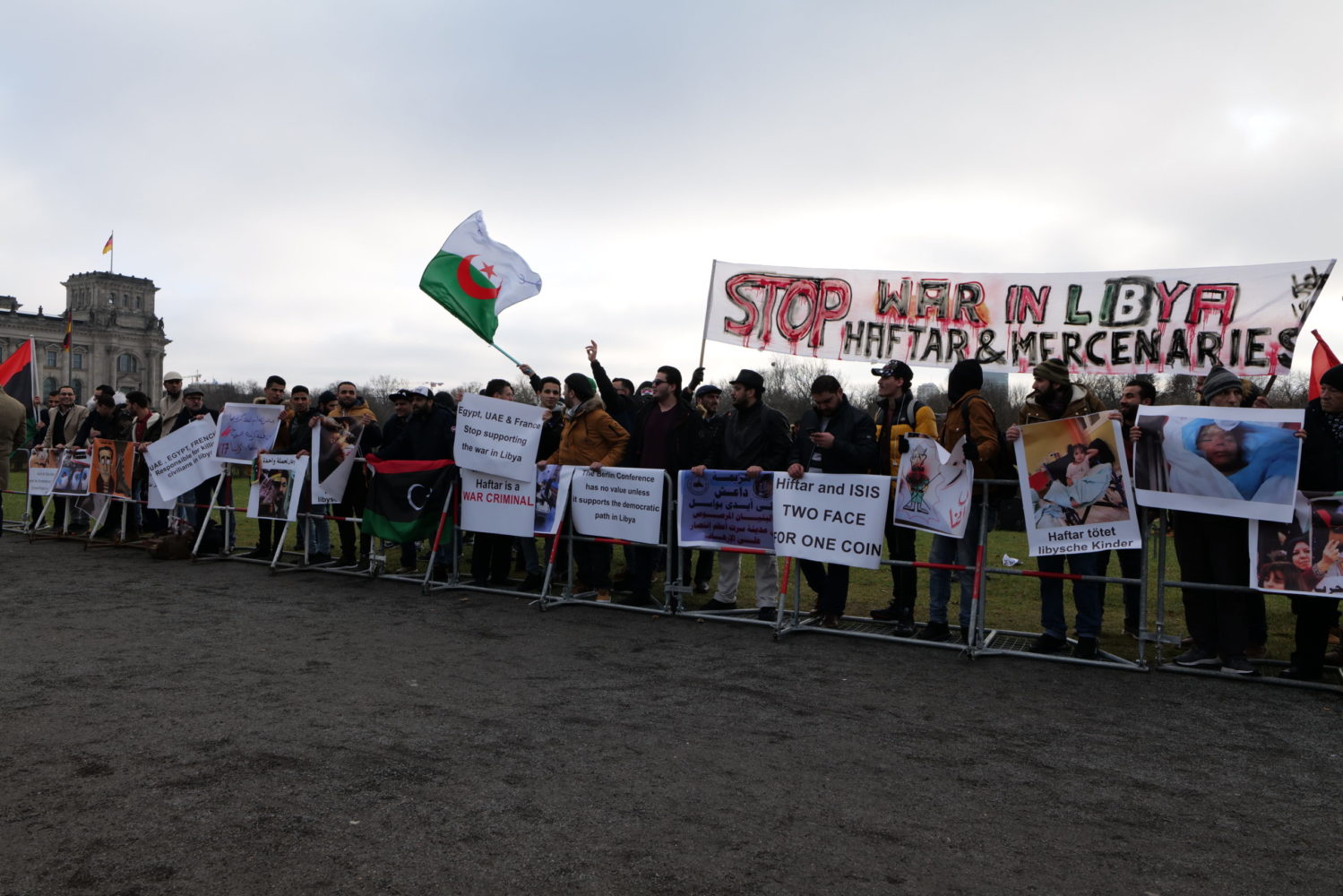A deadlocked Libya is not an option

By Gaia Renzi, Intelligence Division Intern of STAM Strategic & Partners Group Ltd, March 2020
Libya ongoing instability favoured the emergence of terroristic groups in the last decade. The political vacuum, the abundance of natural resources – that could finance terrorism almost perpetually – as well as the geographical position are relevant elements to take into consideration while addressing the issue of the spread of terroristic groups in the country. Almost ten years after the collapse of the Ghaddafi leadership, the impossibility to find a single and concrete leadership for the country together with the porosity of the Libyan borders – that keeps allowing smuggling of weapons and uncontrolled movement of people – are other remarkable factors favouring the infiltration and proliferation of such groups in Libya.
Currently two major actors are fighting for the power in the country – the LNA and the GNA – but none of the two has the capacity nor the capabilities to launch the final attack and gain full control of Libya. In the meanwhile, different terroristic organizations have been able to operate all over the country while acerbating general insecurity among the population. The LNA and the GNA have been able to reduce – independently and on different flanks – the influence of such terroristic groups but the situation is everything but stable in the Libyan soil. Data from the EUROPOL (for the year 2018-2019) still record a relevant number of terroristic incidents spread all over the country: 27 in the west, 21 in the south and 23 in the east with the type of attacks (defined as Attacks, IS movements, Kidnappings) being equally spread in all the areas.
Attacks are expected to continue spreading across the country as a consequence of continue instability. Islamic extremist groups are expected to collect further resources and act deliberately to pursue their goals. The capacity of such organizations – to recruit people from disappearing terrorist cells or from violent non-state actors based on tribal links – will grow as the attention of LNA and GNA will be directed to gain international recognition in their struggle to affirm themselves as credible national actors. Libya’s has seen a massive spread of local and regional powers based on the tribal tradition of the country in the aftermath of Gaddafi defeat.
The most relevant terroristic organizations acting in the Libyan soil are independent cells of ISIS and Al Qa’ida. ISIS has been able to leverage on people’s needs and insecurities recruiting local militants, returned foreign fighters and neighbouring radicals from Chad, Mali and Sudan. It thus successfully carried out its activities of persuasion attracting people from other local groups in its sphere of influence. ISIS modus operandi was evident in the form of suicide bomb attacks, attacks to governmental premises and oil firms. As per a UNSC report (dated to December 2019), the deteriorated security situation in Libya is expected to become “one of the main axes” of ISIS’s future operations even though, recently, the ISIS-Libya’s capabilities have been consistently degraded. Al-Qa’ida in the Islamic Maghreb is another local independent cell with records of attacks towards international premises and kidnappings of foreigners for financial gain. It is mainly active in the southern border areas where it carries out illicit trafficking and smuggling operations.
For both organizations there is evidence of a widespread use of internet and social media for radicalization, recruitment, funding, planning and execution of terror activities. For this reason, for example, the INTERPOL is currently training Libyan law enforcement officers on OSINT methodologies. It is indeed necessary to track and monitor flows of information as a first tool to prevent the diffusion of such organizations but the fragmentation of power and of the use of force on the territory does not allow a comprehensive and efficacious strategy.
In general, jihadist groups may use the instability of Libya to destabilize the whole North Africa and as a gateway to the European continent. In particular, IS fighters – stepping back from the Syrian and Iraqi territories – may turn their attention toward the Libyan situation and seize this opportunity. More people aiming at further destabilizing Libya are thus expected to reach the country.
The almost certain persistence of different international actors – advancing their own interests in the duel between the LNA and the GNA – will produce two main effects: on one side, it will weaken the diplomatic achievements reached so far further endangering the lives of Libyan citizens; while on the other side it will give space and time to terrorist cells as well as other marginalized non-state actors to reorganize themselves, to leverage on people’s needs and to gain control of new territories. Non-state armed groups will formally substitute what should be, on the contrary, on the hands of national security structures.
Seizing control of oil infrastructures could mean resources to finance ISIS jihad and start again its war with a solid ground; a first group– composed of ISIS and Al Qa’ida fighters – already arrived in January sent by Turkish government to support Al-Sarraj. The European Union knows that, the African Union countries (that addressed the Libyan crisis on February) know that. The stabilization of the Libyan territory under a credible leadership is thus not an option but an urgent necessity for everyone.




